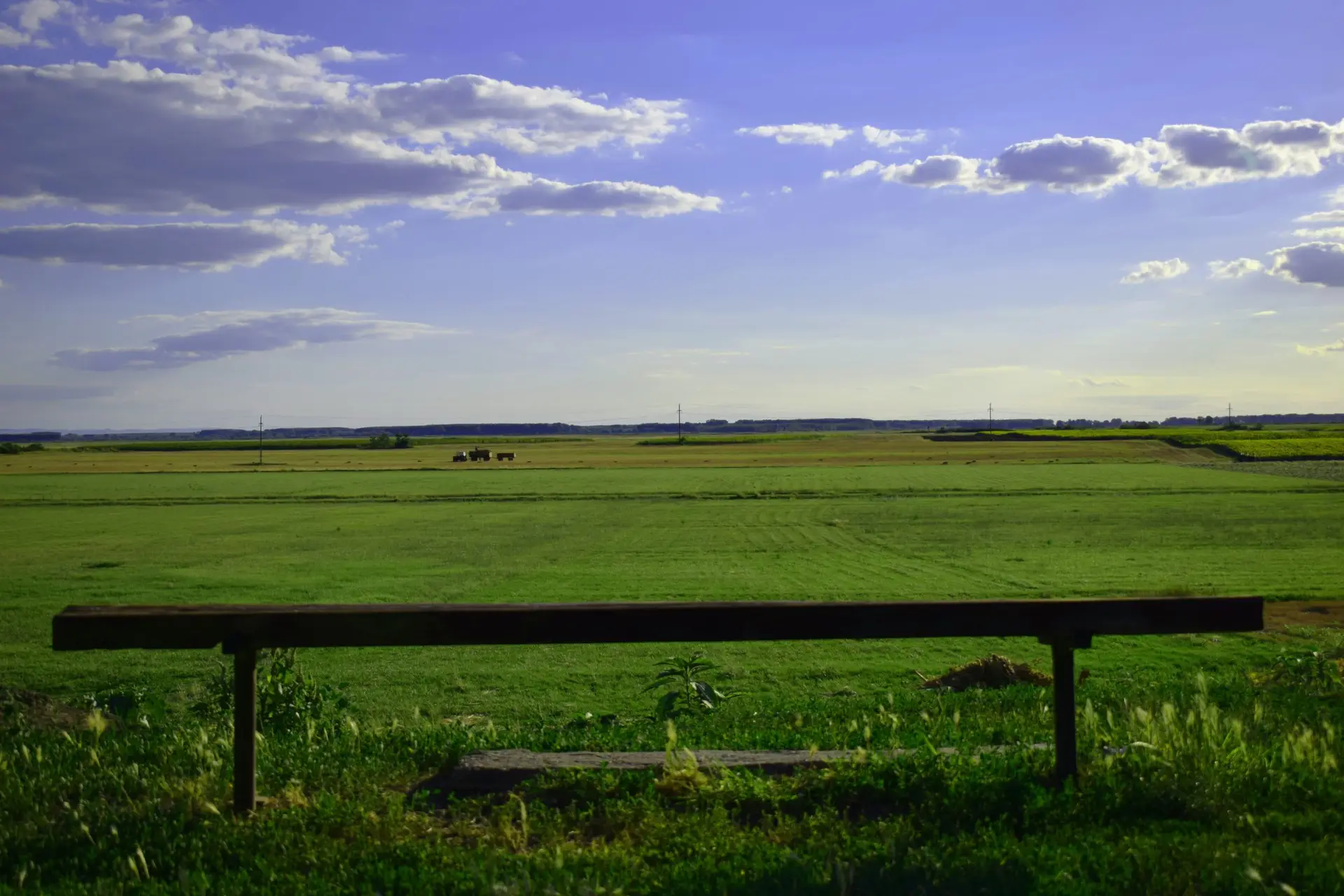Investing in vacant land seems like an acquisition full of opportunities. While there are many benefits that can come from owning property, there are several factors to consider before investing in vacant land. The view might be nice, but a little investigating can reveal any unwanted issues.
Visit the Vacant Land
First things first: Make a trip out and see the vacant land for yourself. The seller should be as thorough as they can in their description, but many details that are important to you may be left out. It’s important you don’t just take the seller’s word for it. This is especially important if you have a specific use for the property in mind. The only way to know if it’s a quality investment for certain is actually walking around the land yourself. This will allow you to assess its features, terrain, and issues.
While on location, it’s important to take notes and pictures of how you envision the land working within your plan. Does it lie in a flood zone or have sharp hills? Is there rough terrain? Any hurdles that would make developing the vacant land difficult should be noted and accounted for. If your plan is to create a residential area, are there issues that would make living on the land difficult? What is it near? What school system is it zoned for? These questions and others will be better answered by being present.
Get a Professional Land Survey
Visiting the property and carefully studying the seller’s description will give you a great deal of information about whether or not investing in the vacant land is a good move. You don’t need to stop there though! You will want to have a professional land surveyor come to survey the land.
Land surveyors offer a variety of services, but the service you need will be dependent on your plans for the property. After explaining the vision for the land to your surveyor, they will suggest which type of survey to move forward with. For example, if you plan to divide the property into smaller pieces, a subdivision survey would be appropriate.
A typical professional land survey will include a depiction of the land’s legal boundaries and any improvements, easements, rights-of-way, and encroachments that might exist.
Having a professional survey done should give you full knowledge of the property and make you aware of any issues that might be present. It will also help provide a full understanding of any regulations in the specific area.
No matter the reason you are investing in vacant land, you want to know what you are committing to before signing on the dotted line. The best way to do this is by visiting and having a professional survey done.
If you need help with any type of land survey, give EDG a call and we would be happy to help.



